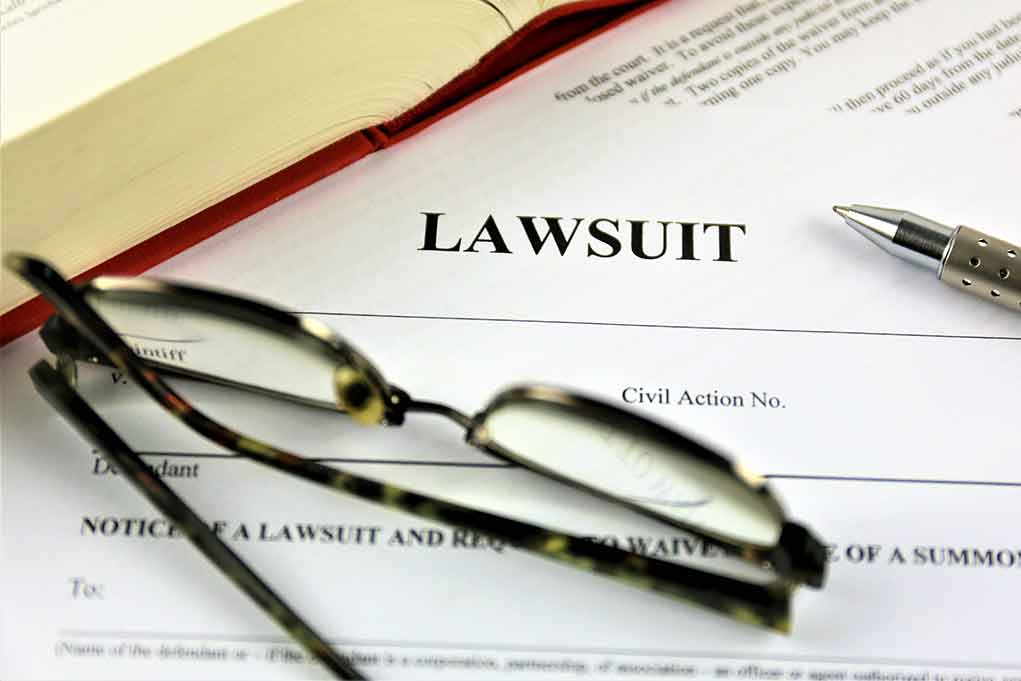
UnitedHealthcare is fighting back against The Guardian’s explosive allegations of deadly nursing home cost-cutting schemes by filing a defamation lawsuit that accuses the publication of exploiting the tragic murder of the company’s CEO for sensationalistic journalism.
Key Takeaways
- UnitedHealthcare is suing The Guardian for defamation over an article alleging the insurer paid secret bonuses to nursing homes to reduce hospital transfers of elderly patients.
- The lawsuit claims The Guardian knowingly published false information and exploited media interest in the murder of UnitedHealthcare’s former CEO Brian Thompson.
- UnitedHealthcare argues The Guardian misrepresented their Institutional Special Needs Program which they maintain improves health outcomes for seniors.
- The Guardian stands by its reporting, citing thousands of documents and interviews with over 20 current and former UnitedHealth employees.
- The Department of Justice previously declined to intervene in a related whistleblower lawsuit that was ultimately dropped in 2023.
Healthcare Giant Takes Legal Action Against Media Accusations
UnitedHealthcare has filed a defamation lawsuit against The Guardian following a May 21 article that accused the insurance company of implementing a scheme to cut costs in nursing homes at the expense of elderly patients’ health. The Guardian’s report alleged that UnitedHealthcare offered secret monetary incentives to nursing facilities to reduce hospital transfers, potentially endangering patients by prioritizing cost savings over necessary medical care. The lawsuit, filed by UnitedHealthcare, directly challenges these claims and accuses the British publication of knowingly publishing false information to capitalize on recent company turmoil.
“The Guardian knew these accusations were false, but published them anyway, brazenly trying to capitalize on the tragic and shocking assassination of UnitedHealthcare’s then-CEO, Brian Thompson,” the complaint says, according to UnitedHealthcare’s legal filing.
The lawsuit further alleges that The Guardian manipulated evidence by taking email screenshots out of context and mischaracterizing medical events to support its narrative. UnitedHealthcare has engaged Clare Locke, a law firm known for aggressively pursuing defamation cases against media outlets, indicating the company’s determination to vigorously defend itself against what it characterizes as false reporting. This legal battle comes at a challenging time for UnitedHealthcare, which has faced scrutiny from investors following Thompson’s murder and Department of Justice investigations into potential Medicare fraud.
Serious Allegations About Patient Care
The Guardian’s article made several explosive claims about UnitedHealthcare’s nursing home program. According to the report, the insurer allegedly used an Institutional Special Needs Program to reduce costs by discouraging necessary hospital transfers for nursing home residents. The article claimed UnitedHealthcare provided financial incentives to nursing homes that participated in this program, potentially creating conflicts of interest in patient care decisions. Even more concerning were allegations that the company illegally obtained confidential patient data and pressured nursing home staff to convince patients to sign DNR (Do Not Resuscitate) orders against their wishes.
“A recent article published by The Guardian presents a narrative built largely on anecdotes rather than facts. It is unfortunate that the article misrepresents a program that, in reality, improves health outcomes for seniors through on-site clinical care, personalized treatment plans, and enhanced coordination among caregivers. We stand firmly behind the integrity of our programs, which consistently receive high satisfaction ratings from our members,” UnitedHealthcare stated.
The article reportedly drew on a whistleblower lawsuit filed by a former UnitedHealthcare nurse practitioner who alleged the company denied care to reduce costs. However, UnitedHealthcare points out that the Department of Justice declined to intervene in this case, which was subsequently dropped in 2023. This fact, the company argues, undermines the credibility of The Guardian’s reporting and suggests that federal investigators found insufficient evidence to pursue the whistleblower’s claims of wrongdoing.
Both Sides Stand Firm in Their Positions
Despite the lawsuit, The Guardian is standing firmly behind its reporting. The publication insists that its article was based on extensive documentation, including thousands of corporate and patient records, publicly filed lawsuits, and interviews with numerous current and former UnitedHealth employees. The Guardian has characterized UnitedHealthcare’s lawsuit as an intimidation tactic designed to silence legitimate journalism about business practices that potentially put vulnerable patients at risk.
“The Guardian stands by its deeply-sourced, independent reporting, which is based on thousands of corporate and patient records, publicly filed lawsuits, declarations submitted to federal and state agencies, and interviews with more than 20 current and former UnitedHealth employees – as well as statements and information provided by UnitedHealth itself over several weeks. It’s outrageous that in response to factual reporting on the practice of secretly paying nursing homes to reduce hospitalizations for vulnerable patients, UnitedHealth is resorting to wildly misleading claims and intimidation tactics via the courts,” a representative from The Guardian said.
UnitedHealthcare, meanwhile, maintains that its program actually improves health outcomes for seniors through on-site clinical care and better coordination among caregivers. The company argues that The Guardian refused to engage with the facts and instead published a predetermined narrative that mischaracterized their legitimate healthcare practices. This high-profile legal battle highlights the tension between aggressive investigative journalism and corporate reputation management, with significant implications for both media freedom and healthcare industry accountability.




